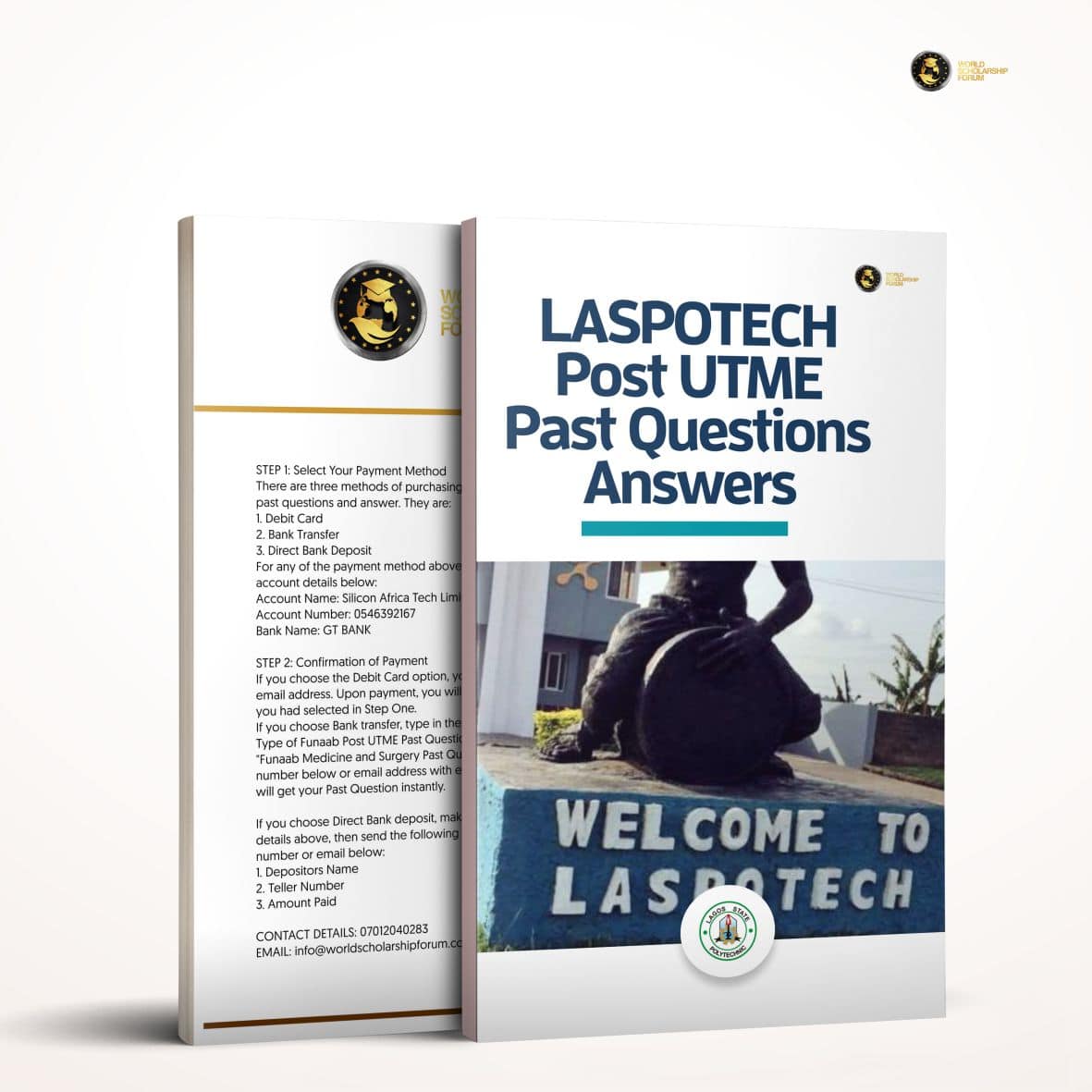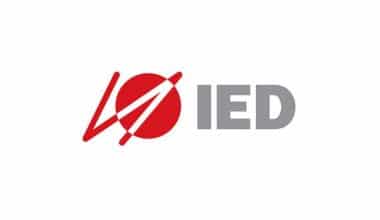Every student dreams is to study in one of the best study abroad locations in the world, and it’s no more news that Canada provides the best study experience for students who have the opportunity to Work and Study In Canada.
If Canada were a person, it would be the party’s soul, who knows everybody and makes everyone feel welcome and appreciated.
That’s why international students everywhere choose Canada as their abroad study destination, with its 125 public and private universities, and over 3,000 Bachelor’s programs.
More so, pursuing an MBA online in Canada offers international students a unique opportunity to combine work and study effectively. Canada is renowned for its world-class education system, making it a prime destination for those seeking to enhance their business acumen.
Opting for an online MBA program provides the flexibility needed to maintain a work-life balance while advancing one’s career. The multicultural environment and welcoming communities in Canada also enrich the overall learning experience.
Moreover, students can apply their newly acquired knowledge directly to their current jobs, which not only fosters professional growth but also adds substantial value to their employers.
For studying an MBA online Canada opens doors to diverse career opportunities and ensures a holistic approach to personal and professional development.
Just take your time and go through this article, we have arranged every detail you need to be on the work and study in Canada.
Table of contents
With four of the top 100 universities in the world, such as the University of Toronto and McGill University, it’s no wonder more than 370,900 international students choose to study in Canada.
If you do not know whether you are studying as a foreign student in Canada, you may be eligible for a post-graduate work permit program that will allow you to become a permanent resident of the Great White North.
Would you like to study in Canada as an international student? You can start the application process After going through this article.
But in as much Canada is one of the best studies abroad destinations does not still stop the fact that you will need money to pursue your academic dream at whatever level you intend to.
YES! scholarships are available but most times they don’t always meet up with all that the student needs to study abroad. Thus, the most viable option here will for the student to get a job that will still give him /her space to still study while they are working. In Canada, there are so many such opportunities.
What is the cost of living and tuition in Canada?
Get ready for some insanely ranging numbers, because this will be a tough one.
Depending on where you want to study, at your university or even at your undergraduate degree, tuition can range from $5,500 to $29,000 a year. Yes, we realize how crazy it is.
Of course, because you won’t be living in the university, like a geeky Phantom of the Opera, you will have to consider all other expenses, like:
- housing;
- Public transport;
- Food costs;
- Books and study needs.
In Canada, these expenses can give figures of about 13,800 and 46,000 CAD/year. but then don’t worry keep reading to find a way out, don’t cut your academic dream shot.
Work and Study In Canada 2024-2024
The Canadian Government has the best possible study infrastructure and employment opportunities compared to any other country in the world. International students studying at a public university, a community college, or a technical school are authorized to confer degrees and allowed to work on the campus of the institution they are attending with no work permit.
Students are also given the provision to work for the institution itself, or a private business on the campus.
The country has also eased out the Off-Campus Work Permit Programme, and international students can work part-time during regular academic sessions for 20 hours a week and full-time during scheduled breaks, such as winter and summer holidays, and spring break.
The average hourly wage for jobs in Canada ranges from $15 to $25.The Canadian government has also been able to overtime provide Canadian scholarships for Nigerian students and there are also many scholarships in Canada for African students.
Working in Canada can go a long way towards helping you establish business contacts for the future and can even help you immigrate after graduation.
Jobs for International Students in Canada
On-campus Jobs
As an international student, you can work on campus without a work permit while completing your studies if:
- You have a valid study permit.
- You are a full-time student at a post-secondary public school (college or university, or CEGEP in Quebec), or at a private college-level school in Quebec that operates under the same rules as public schools and is at least 50% funded by government grants, or at a Canadian private school that can legally award degrees under provincial law.
- You have a Social Insurance Number.
Off-Campus Jobs
As an international student, you can work off-campus without a work permit while completing your studies if:
- You have a valid study permit;
- You are a full-time student in a designated learning institution (a post-secondary program, or in Quebec at a vocational program at the secondary level as well);
- Your study program is academic, vocational or professional, it lasts at least six months and leads to a degree, diploma or certificate.
- You are only working up to a maximum of 20 hours per week during regular academic sessions, and full time during scheduled breaks (for example, winter and summer holidays or spring break).
Certain study programs include work requirements such as co-op or internships. In such cases, a work permit is required for the foreign student to complete the work.
Travel and Work in Canada
You can travel and work in Canada for up to 1 year through the International Experience Canada if:
- You are between the ages of 18 – 35.
- Your country of origin has an agreement with Canada.
Now, you know the jobs available for you as a student in Canada, can we talk about how to get you into a Canadian university. Don’t think it’s possible? worried? keep reading.
Worried about How to apply to a Canadian university??
WORRY NO MORE!!!
Joining a university in Canada can be quite complicated, as every program and every university can have its own rules and requirements (eligibility).
And I’m not exaggerating here: from the grading system to the number of programs you can apply for, even the structure of the academic year (you can have 2 semesters or 3 semesters – who knows?). Any university or region If you want to stay informed, stay close to your university and answer/read your emails as if your life depended on them.
Before you accept the full list of bachelors and apply for each of them, you will need to consider fees between $ 100 and $ 250.
Once you have applied, you will receive an e-mail confirming receipt of your application. This email will ask you for more information or documents, or you will receive a personal number you must memorize and sing before falling asleep, as Arya did with her list of names in the game of thrones.
Still, to end on a happier note, you should know that a “typical” university runs:
- From September to December, for the first semester;
- From January to April, for the second Semester;
- The whole summer, if your course has a third trimester.
Steps to Apply to Canadian Universities this Season
- Step 1: Do some research about the universities you wish to apply for, make sure you have at least three options that you want to apply for just in case;
- Step 2: Check their admission requirements for international students, this will cover:
- Admission times;
- Language requirements;
- Credit scores for the degree or program you want to apply for;
- Application letter to the university; and
- Personal profiles may also have to be sent, this is part of your student profile and takes around 30 minutes to complete. There are three questions the university gives you to answer with a short essay and two short videos
- Step 3: Submit all the required documents like:
- A certified copy of your diploma or certificate;
- A complete application form for your course;
- An updated CV (if needed);
- Letter of Intent (This states your intention to enroll in the college or university and any education course you wish to apply for);
- Language results that are only one-year-old for English or French:
- English tests that are generally accepted: IELTS, TOEFL and C1 Advanced
- French tests that are mainly accepted in Canada are: TEF, TCF, DALF, and DELF
- Proof of funds to show that you can support yourself and anyone who immigrates with you during your studies;
- If you are applying for a Ph.D. or Masters program, you will need to have two letters of Academic Reference, along with previous Letters of Employment; and
- If you did not study in Canada, you will also need to have your education assessed with an ECA (Educational Credential Assessment) Please note that all documents must be translated into either English or French by a certified translator and that the original documents must also be included in your application
- Step 4: After the university processes your application, you will get your Offer of Admission which is also called an Acceptance letter;
- Step 5: Apply for your study permit and prove that you:
- Have enough funds to support yourself;
- Have a medical certificate from an approved doctor from the Canadian panel of physicians (if you plan to study in Canada for longer than six months);
- Have the intent to come to Canada for studying;
- Inform the Canadian Immigration Office that you intend to leave after your studies are complete; and
- Provide Police Clearance also known as a police certificate to show that you are a law-abiding person with no criminal record (this includes DUIs)
A useful tip to know is that you must have health coverage. At the same time, you study in Canada because you cannot qualify for public health care unless you are either a permanent resident or a Canadian citizen.
How to apply for a Canadian student visa
Canada has an online visa application process, making it one of the most convenient countries to apply to.
A general overview of the Canadian student visa is that:
- You can apply either online or in-person;
- The general fee for international students is around 150 CAD;
- You may be required to submit your biometrics, which can amount to 83 CAD.
Also, the Holy Trinity of documents you will have to submit, to be accepted, is:
- An acceptance letter from a Canadian institution;
- Proof of identity (an ID card or your passport);
- Proof of financial support.
What I listed above isn’t the end of the application process, but it gives you an idea of the requirements and the documents you must chase and present. Here is Canadian Student Visa: Step-by-Step Procedures.
Countries International Students Can Work and Study
As earlier stated Aside from scholarships, Many students took up part-time jobs while they are studying abroad. However, some countries are extremely difficult to find a job as a student and these countries include; Ukraine, Russia, Hungary, Greece, Belarus, Cyprus, Philippines, etc.
So if you intend to study in any of these countries, prepare yourself financially. There are also countries you can find part-time jobs, that’s enough to take care of your living expenses and tuition fees as well.
These countries include; USA, Australia, Canada, the UK, etc. So if you are preparing to study in any of these countries, you may not really have to worry much about money for your living expenses as you will get part-time jobs there. Today, we want to look at Work Study In Canada.
Meanwhile, if you are looking for scholarships to fund your study in Canada This is for you Latest Canada Scholarships For Undergraduates, Masters And Ph.D. Programmes
CONCLUSION
Now that you know everything that is to know about applying, studying, living, and working in Canada as a student, all we can do is wish you good luck and hope you won’t forget to send us a postcard.
RECOMMENDATION
- Young Farmers Scholarship Programme in Australia
- Warren Buffett Scholarship
- Student Financial Aid in the United States
- US and French Scientists, NIDA Postdoctoral Research Fellowships
- Vice-Chancellor’s Scholarship for International Students at Robert Gordon University
- River Valley Cooperative Agriculture Scholarship in the USA
- Foster Care-to-Success Scholarships
- Top 10 Turkey Scholarships for Pakistani Students
- Apply: VLIR-UOS Scholarship for Training and Masters Program in Belgium
- 11 Sure Ways to Get Scholarships in Canada [TRENDING]
- 15 Data Science Masters Degree Scholarships | APPLY NOW
- Clarks Summit University Tuition: Scholarships & Cost of Living
- Richard J. Van Loon Scholarship in Canada
- SelfScore International Student Scholarship Application [UPDATED]
- 19+ Ph.D. Scholarships for Equatorial Guinea Students
- Canadian University/College: Easy steps
DISCLOSURE: This post may contain affiliate links, meaning when you click the links and make a purchase, we receive a commission.






Comments are closed.